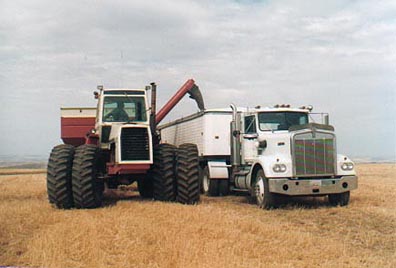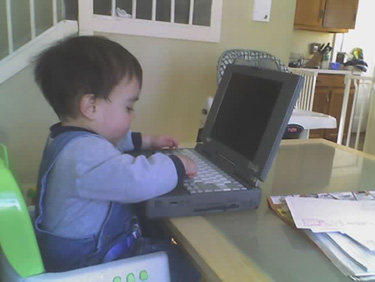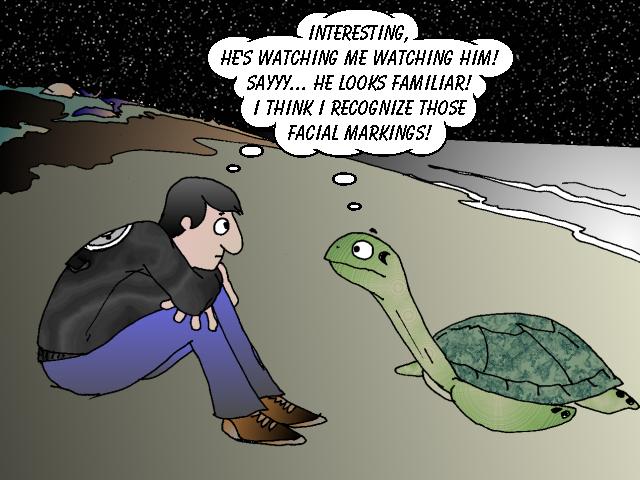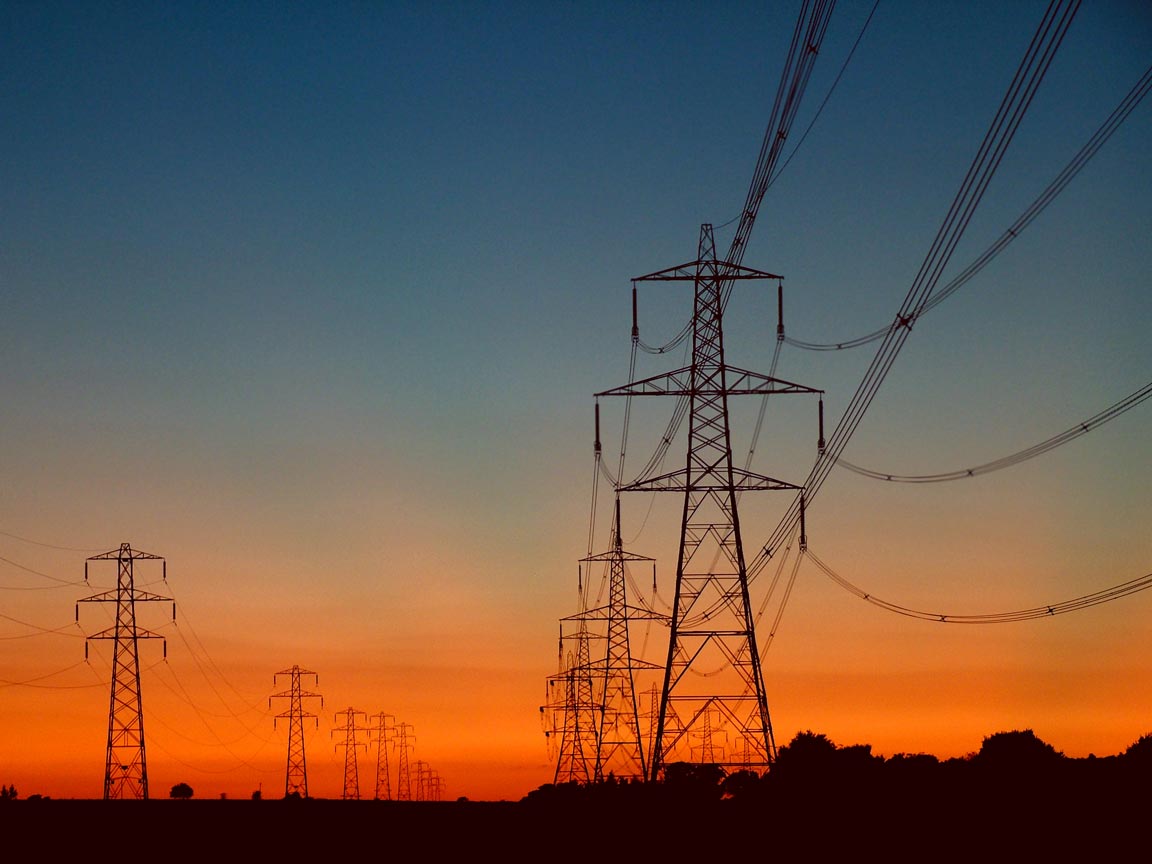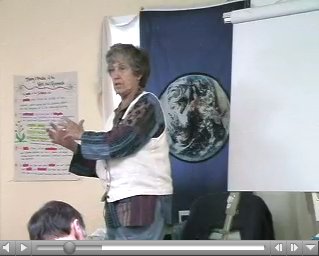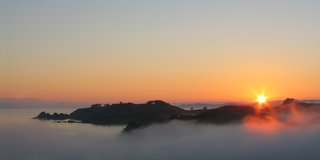Roberta and Millicent attended the food exchange stall last weekend and had a stead flow of produce being exchanged as well as a healthy volume of interest in the concept of sharing in our abundance. This week Robin is back on the stall, which will continue to be setup inside the hall for these winter months - though it will be nice to be back outside when the warmer weather returns.
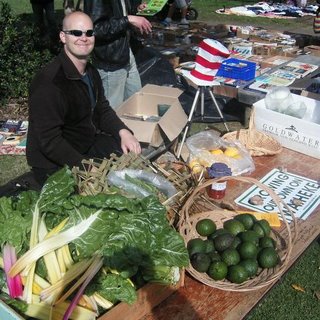
Several keen volunteers who have been moving a large stack of donated bricks from a house in Kennedy Point to the community garden over the last couple of weeks.
Why bricks?
Initially we thought it would be fun to create some bordered areas - such as a spiral herb garden. Then I got in contact with Grant Steven, who refers to himself as a biological gardener working with intensive gardening systems on a large scale in the Bay of Islands. Grant has developed a system for raised bed gardens which is proving very effective, and has offered to use his moulds and help us to set up some raised beds in the community garden - which is where the bricks can be helpful.
You can meet Grant at the Waiheke Community Cinema on July 4th (7:30pm) when we are screening The End of Suburbia, a film that is a very clear introduction to Peak Oil. Grant is actively involved in helping to communicate about Peak Oil (he is well versed on this subject) and helping people to see that we need to be localising - growing our food much closer to home. The years of the 3,000 mile Ceaser Salad are coming to an end.
It feels good to use this garden as an example of different growing methods, and having some intensive raised bed gardens here, next to the market, will be an opportunity for more people to learn different methods of intensive food growing on any small piece of sunny ground they may have access to.
Dave from Waiheke Couriers, who owns the land we are growing on, continues to be incredibly supportive of our work in the garden and is happy for us to develop these raised intensive beds, and such like. On behalf of all of us, many thanks to you Dave, your generosity does not go unnoticed.



